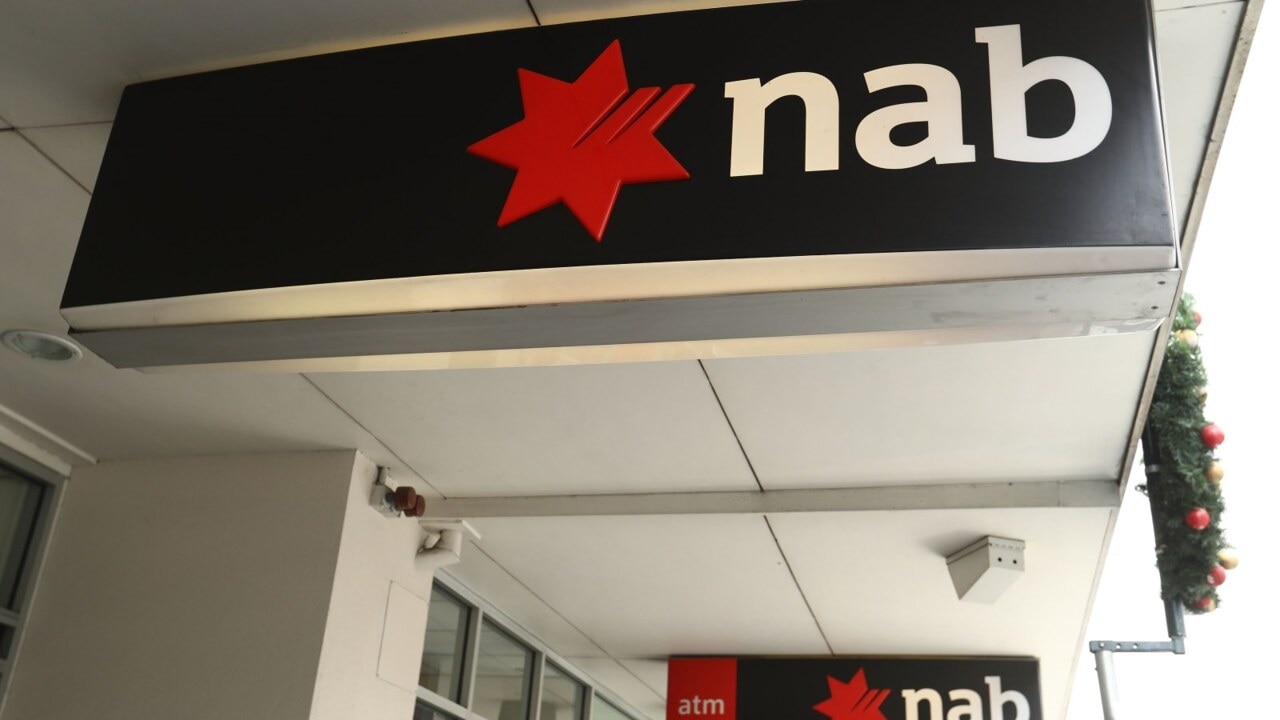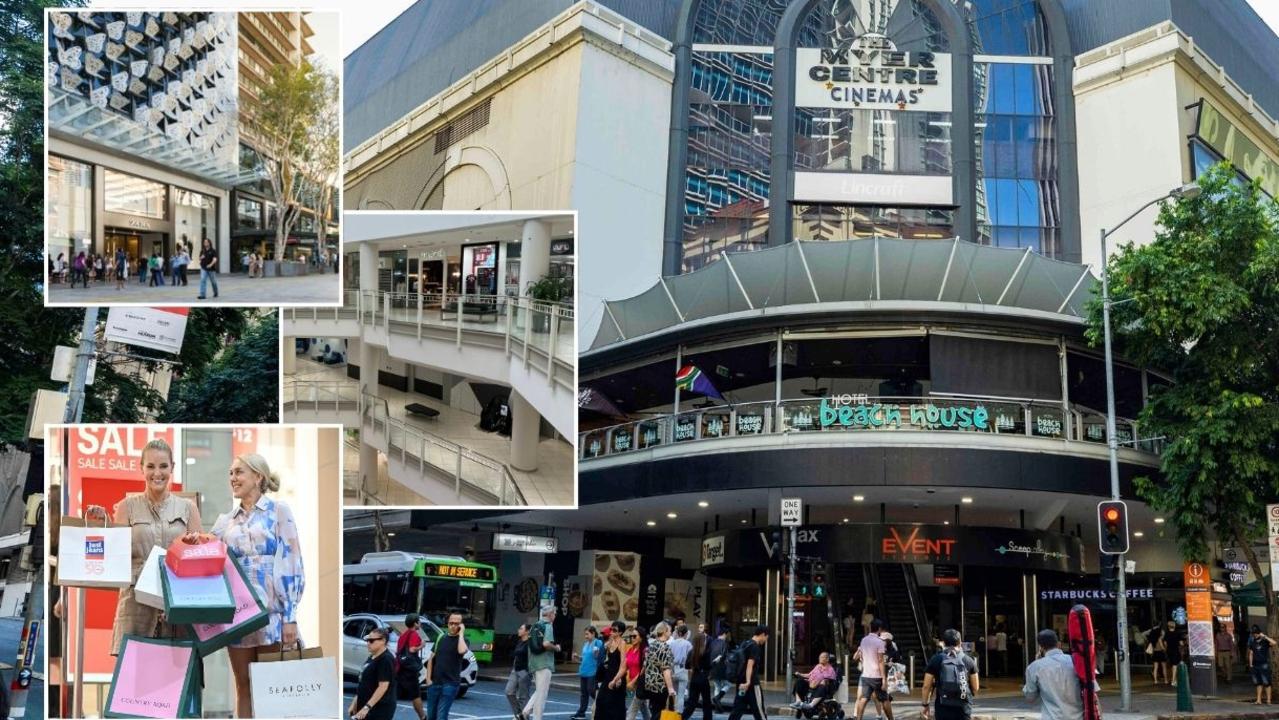Qld business sentiment: CCIQ Pulse Survey uncovers fears for 2023
Despite business in Queensland reaching pre-pandemic highs, operators are pessimistic about the year ahead. Here’s why.

QLD Business
Don't miss out on the headlines from QLD Business. Followed categories will be added to My News.
Business is booming in Queensland at levels unseen since before the pandemic, but confidence in what the year ahead will bring has plummeted amid concerns over power prices, labour costs and rising interest rates.
The latest Chamber of Commerce and Industry Queensland Pulse Survey, to be released on Wednesday, revealed businesses on average were operating at levels higher than they were in March 2020 – before Covid-19 hit.
This was being driven by a combination of recovery spend as the state emerged from the pandemic and increased market demand “especially in the area of tourism” which had boosted sales.
But the CCIQ report, which surveyed 320 businesses, found confidence in both the state and national economies over the next 12 months had deteriorated even further in the September quarter.
CCIQ chief executive Heidi Cooper said business confidence was usually stronger ahead of the Christmas trading period, but labour shortages and “wider macroeconomic influences” were fuelling concerns.
Among the influences hindering profitability and confidence were rising wages, labour costs, and increasing fuel and energy prices, with 70 per cent of businesses reporting operating costs had increased and further cost pressures were expected.
Workforce challenges were a “top priority” for businesses in the state, Ms Cooper said, with recruiting and retaining staff considered the most significant constraint on growth.
“Labour costs in the September quarter also increased significantly, reflecting statewide staff and skill shortages,” she said.
“Businesses are struggling to find skilled labour which means some businesses are offering higher wages to retain and attract employees in a competitive labour market.”
The state’s unemployment rate, as of the latest Australian Bureau of Statistics update, was 3.7 per cent.
Businesses were anticipating, over the next 12 months, for higher interest rates to slow the economy.
One business owner believed the Reserve Bank of Australia’s interest rate hikes were “slowing the economy too fast”.
Treasurer Jim Chalmers, speaking after the RBA’s latest decision to take the interest rate to 2.85 per cent, said inflation was the “No.1 challenge in our economy”.
“The risks when it comes to inflation are on the upside given what’s happening in energy markets as a consequence of the war in Ukraine, and given the upward pressure on grocery prices brought about by flooding,” Dr Chalmers said.
The RBA changed its forecast for inflation, expecting it to peak around 8 per cent toward the end of the year, and it has warned of more interest rate pain to come.





